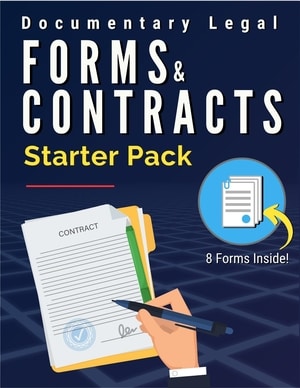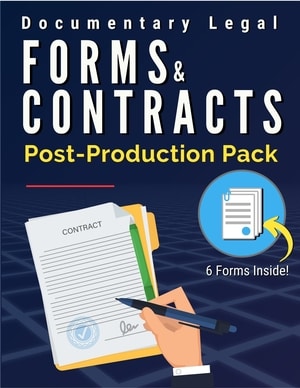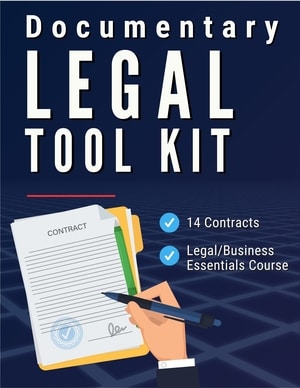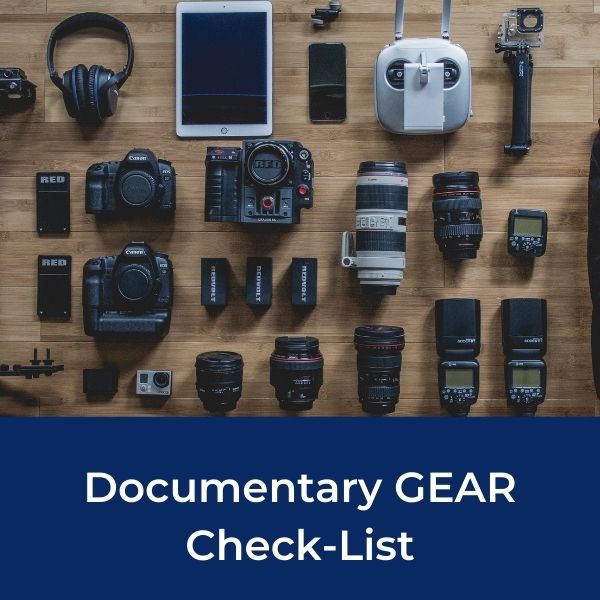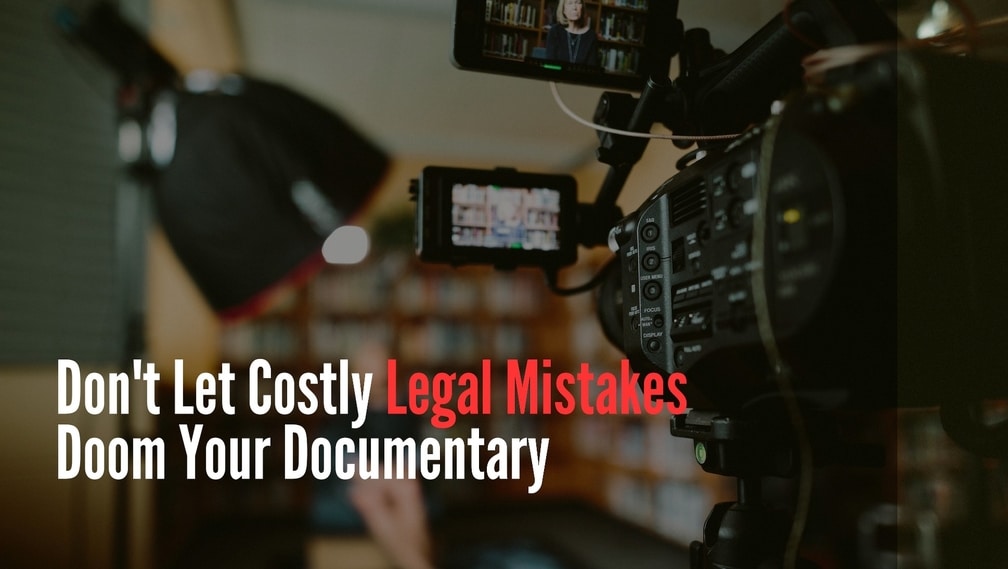Question About Getting Film Permits For Locations Already Filmed On
Filmmaker Question - Scott from Chicago:
I am making a documentary about my city.
I have already filmed around a number of locations that I now see I need permission for.
All permission requests are for future filming... how would you approach telling them (parks service, transit) that I have already filmed there and want retroactive permission? Thanks for your advice.
On the good side, the doc is 100% positive and verging on heartwarming about the city. I would be happy to show them footage, but wonder if I'm exposing myself legally.
Answer | The Law Offices of Gordon P. Firemark

Hi Scott, thanks for your terrific question.
In the situation you’ve described, great deal will depend on this particular city government’s overall posture.
Some cities may be very forgiving about such situations, and will retroactively issue the permits you should have gotten, while others will take a harder line, possibly refusing, or requiring payment of some penalties (which must be reasonably related to the harm caused by the infraction).
It is entirely possible that you can “fly under the radar” and that your failure to obtain permits will be overlooked entirely, but I think a reasonable approach is to contact the city to explain your mistake and ask what procedure to follow to make sure your project is entirely “legal”.
Depending on the city, and how recognizable you and your project will be to officials there, you may be able to do this anonymously yourself, or you could have your lawyer make the contact so as to protect your identity during the initial inquiry. I’d recommend having a lawyer help you, just to ensure you don’t wind up creating more problems down the line.
Allowing the city to review the footage is a bad idea, and the city shouldn’t require it. Because of the First Amendment’s protections for freedom of speech, cities are generally not permitted to consider the content of the film in question when issuing or denying permitsObvious exceptions cover obscene material or the commission of actual crimes during the filming. But cities are allowed to impose reasonable time, place, and manner restrictions on filming, provided such restrictions serve a legitimate governmental interest, such as ensuring public safety.
You may also find that some of the entities you have to deal with are actually not city-owned. For example, the transit company may be a private concern operating under license from the city. Private businesses are generally NOT subject to the first amendment, and may not be required to grant permits at all. Your lawyer should examine this issue carefully before you begin requesting permission, because you could be accused of trespassing. You should also explore whether private citizens in such places have any rights to privacy that you may have infringed.
Permits, location releases, and personal departure releases are commonly overlooked business and legal aspects of filmmaking. Fortunately, it’s usually pretty easy to fix these kinds of mistakes. Consulting a lawyer early in the process, though, is one way to avoid making costly errors in the first place.
Legal Filmmaking Resources
From The Offices of Entertainment Attorney Gordon P. Firemark
About Gordon P. Firemark
 Gordon Firemark
Gordon Firemark
Mr. Firemark is an entertainment attorney based in California and also teaches Entertainment Law in Columbia College Hollywood's film program. He's the producer and host of Entertainment Law Update, a podcast for artists and professionals in the entertainment industries and the author of The Podcast, Blog and New Media Producer’s Legal Survival Guide.
Firemark's Documentary Legal Tool Kit is offered exclusively here on Desktop Documentaries.
The Law Offices of Gordon P. Firemark cover intellectual property, cyberspace, new media and business/corporate matters for clients in the entertainment industry. Learn More: firemark.com
This content is not intended to be used as a substitute for specific legal advice. No recipient of this content should act or refrain from acting on the basis of content without seeking appropriate legal advice or other professional counseling.

